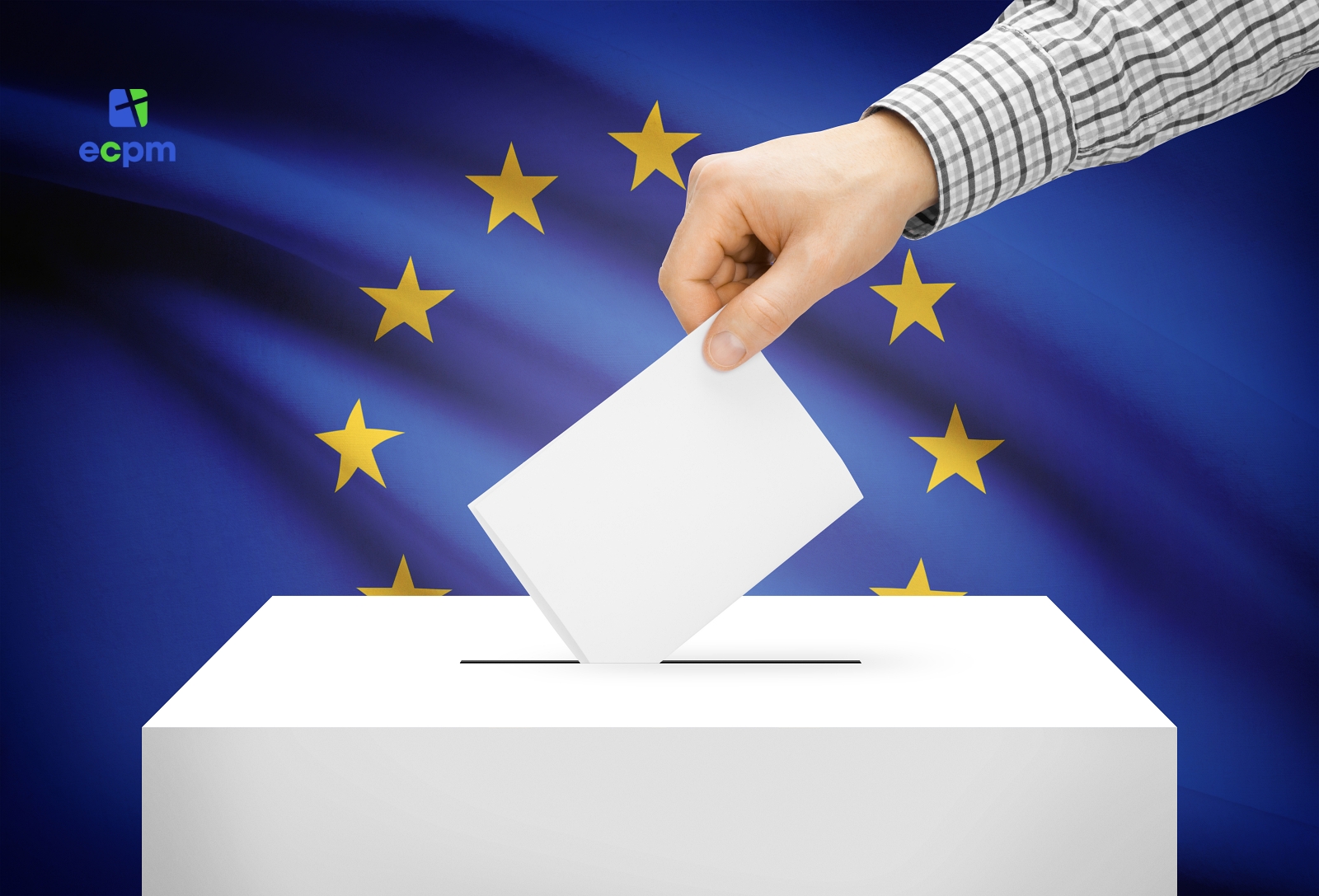
Friday, May 6, 2022
Proposed electoral changes undermine Member States’ sovereignty
During this week’s EP plenary in Strasbourg, a narrow majority of MEPs have voted in favor of a resolution aiming to overhaul the election system for the European Parliament (EP).
The key things the resolution proposes are quite worrisome. First of all, a minimum threshold of 3.5% is to be applied for larger constituencies- a measure which disproportionately will affect smaller parties from large constituencies in populous countries. Germany is the only country affected (France and Italy already have a threshold). Imposing a voting barrier- like a threshold- was deemed unconstitutional in Germany in 2014 by the Federal Constitutional Court. Although the resolution’s stated intent claims to be a further democratization of the EP election process, imposing a threshold has the opposite effect. It will favor the established, bigger parties in both large and small constituencies, causing people who would like to vote for a smaller, local party to hesitate, thinking it would be a “lost vote”. The benefits for smaller parties being represented at national and European level are multiple:
· they are closer and more in touch with the citizens and their priorities (direct participation)
· smaller parties can approach specific issues or problems which larger parties won’t tackle
· they foster a richer debate environment and an opportunity for everyone to be heard
· they represent political minorities, which is essential for a vibrant democracy
· are more flexible and innovative because of the smaller size
· misuse of funds or fraud, sometimes encountered in larger parties, is avoided.
The second major proposal in the resolution which troubles us is the creation of a Union-wide constituency, in which 28 Members (in addition to the 705 existent ones) would be elected to the EP from a transnational electoral list. EU citizens would then have two votes in European elections: one for a candidate from their country and another for the Union-wide constituency, where they will be able to vote on candidates from across the Union. The President of the European Commission will also be decided according to the results of the votes in the Union-wide constituency. Even though we welcome the idea of the EU citizens having a role in deciding the leader of the Commission, the clear consequence of this proposal is a further centralization of power at EU level, away from national governments. This electoral model would be the foundation of a federal European Union, which ECPM is against.
The third aspect which concerns us is establishing 9 May as the single day European elections can take place, regardless of the day of the week. ECPM acknowledges the significance of 9 May for the creation of the European Union and respects it, but in instances when it overlaps with a religious holiday or with Sunday, we believe the religious meaning should be respected. For the next European elections, for example, 9 May is Ascension Day, a day highly significant for Christians everywhere. In many European countries, it is also a national holiday. Excluding people from the most basic democratic process because of their religious beliefs is incompatible with the European values. It would be unfair and against other European policies to make poll workers and other staff work on a Sunday, should 9 May fall on a Sunday. Each Member State should be free to organize its own European elections as it sees fit.
It is a pity that positive proposals, like encouraging Member States to facilitate access to voting for people with disabilities and involving the European youth more in the European elections, are overshadowed by the sweeping, federalistic and over-reaching measures detailed above. We trust and hope that the European Council will reject this legislative initiative.